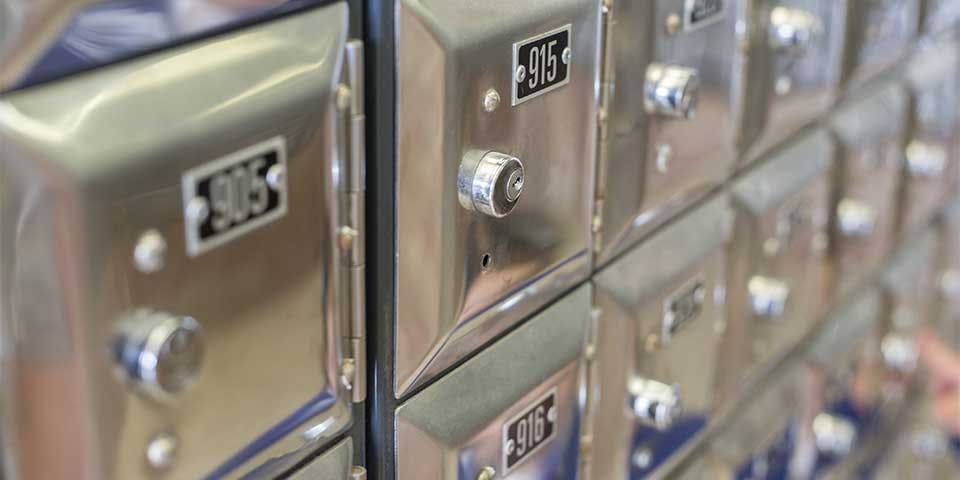15 August, 2017
To Cloud or not to Cloud
Table of Contents
If you’re just starting out in business or have had your very first idea for a startup you might still be wary of phrases like “the cloud”. But in a relatively short space of time “cloud computing” has become almost synonymous with “computing” itself. We often don’t notice the difference between making use of online resources and when we’re accessing local/offline files on our computer. For instance, how often do you jump between checking your email directly through the gmail app on your phone and a mail app on your computer? Or how often do you take a photo on your iphone and automatically expect it to be available to view on your laptop. Or maybe you just take it for granted that all your key information is immediately available and synchronised across all your devices at any given moment.
These days a large part of the services we rely on use “the cloud” at the heart of their functionality. In many ways this isn’t something to be worried about but you do need to take a moment to be sure you have a clear protocol for how you use “the cloud”, particularly as there can be some security issues for your business and customers.
A potted history
Before we talk about security, let’s take a moment to understand basic cloud use.
Firstly we have standard storage of files & documents. This might be Word documents or Excel sheets etc. Traditionally these were stored locally on the hard drive of the computer where the document was created. With the advent of the internet in the late 1960’s, users became able to access those stored files on someone else’s computer remotely, without having to be directly at that other user’s machine.
This is essentially how the internet began, with academics, researchers and engineers wanting to access & share each other’s research and information in its various formats. It was Tim Berners Lee who then built the World Wide Web soon afterwards, which runs within the internet and today gives you access to websites and other web based applications that you are familiar with, such as Facebook.
Now it’s also worth pointing out the difference between cloud storage and cloud computing. One you might see as quite passive, e.g. you backup your important static information on your computer to another location “in the cloud” (which is in essence a remote server/hard drive). And over time you store more and more information in your chosen cloud storage space.
However, the web is also a place where applications are run and some of those applications require more processing power than others. The ones requiring large amounts of resources can make use of “cloud computing”, whereby an application on the web can draw down the resources (such as processing power) from multiple computers at the same time, thus creating a super computer of sorts to do the heavy lifting.
You’ll also possibly realise by now that some of the web applications you use such as Instagram or Facebook rely on cloud storage and cloud computing to run their services and so it’s almost impossible to use a computer in a modern context for the purpose of communication and not make use of either cloud based storage or cloud computing. This being the case we think the question should really be, “How do I do this safely?” rather than “Should I be doing this?” and the solution really is by following some quite simple, common sense rules.
Security and Use
So let’s look at two elements; 1) How you use cloud based applications, and 2) The passwords and security elements you employ to keep your information secure.
Use
If you are using social media it’s extremely tempting and easy to share huge amounts of personal information but we’d recommend being cautious about this. You are probably handling various information on behalf of your client and it would be a mistake to put personal information about your client in the public domain. But this also needs to be balanced depending on the type of business you have clients for. If you are a freelance marketer, of course you want people to know about both your client’s work and yours but you do need to be careful to balance what is personal/inappropriate and what is great to share for generating awareness of a product or service.
Security
A recent interview that we strongly recommend you read, shows Bill Burr (the person responsible for “writing the book” on safe passwords) saying he was wrong in many of the suggestions and assumptions he made about creating passwords and has reviewed his advice.
Here are the two most important elements now suggested for keeping your private information secure:
- Use long memorable passphrases rather than much shorter passwords with symbols and numbers.
- Use two factor authentication in conjunction with your mobile phone.
The first, Bill suggests, will be much more difficult to crack but the second adds a double layer of security by only allowing access (after initially entering your password) if you then correctly enter a code sent to your mobile phone. This means that even if someone were to enter your password correctly, they would also have to have access to your phone at exactly the same time and, as this is extremely unlikely, it therefore further reduces the ability to get to your information.
Finally, two web searches we strongly suggest you make to find out up-to-date information are “Passphrase generator” and “Multi-factor authentication”. Both of these searches will provide you with all sorts of important information for you to make an informed decision.
We hope you can see that in reality if you are going to run a business that requires your computer for communications, sales, marketing and uses various web based applications, then we can’t avoid using the cloud. So now all you need to do is check those few important security elements and decide how much information you think is appropriate to have in the public domain.
Hand-picked related articles
Virtual Office Plans
Prime London business address with 10 Minute Setup + NO Postage Fees!
Not a Virtual Office customer? Why not sign-up today.
from 49p per day + VAT
Virtual Office London
Get a Prime London business address
10 Minute Setup + NO Postage Fees!

Our meeting rooms are located at our Paul Street office,
and it’s just a few minutes walk from Old Street tube station…
Our Address
3rd Floor, 86-90 Paul Street,London,EC2A 4NEDirections
Opening hours
Monday - Friday 9am - 18.00pm







